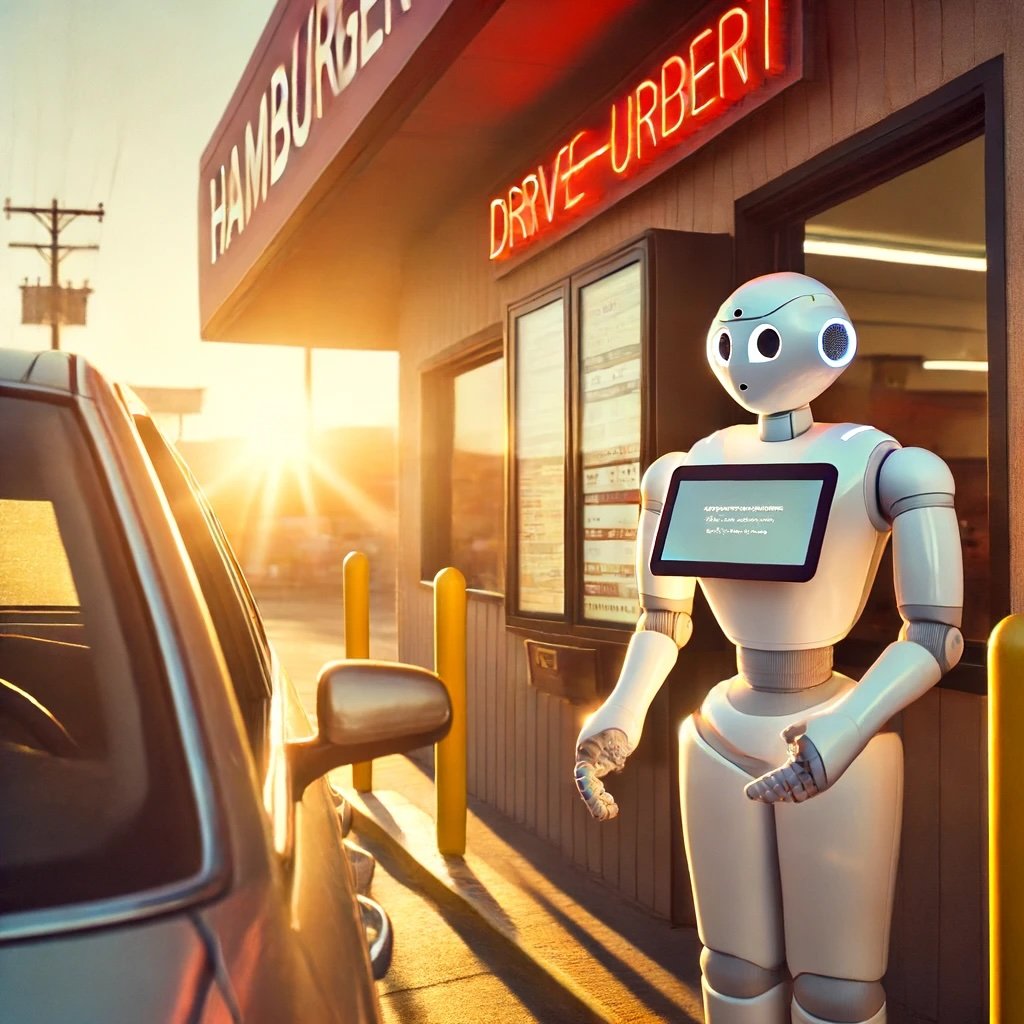McDonald’s has made a bold move to get a voice technology startup with the promise of automating orders at Quick Service Restaurant (QSR) Driveslus. Apprente was founded in 2017 and surprised the market, which was sold to McDonald’s in 2019. These events were followed by voice technology incorporated into the MCD Lab, and two years later the technology was sold to IBM. In December 2023, McDonald’s and Google Cloud announced a partnership to use generator AI in restaurants.
According to a new CNBC report, the first phase of the snake-twisting conversation AI journey at McDonald’s is coming to an end by next month. According to the article:
The fast food giant is finishing test executions of its AI drive-through technology partnership with IBM at over 100 restaurants. According to a memo sent to franchisees obtained by CNBC, so-called automated orderers will be suspended by July 26th.
Isn’t this the end of your AI order?
This may look like a McDonald’s setback from AI-enabled orders at restaurants. However, this is not necessarily the case. The letter to the franchisee states: “While we have had success so far, we feel there is an opportunity to explore voice ordering solutions more widely. After a thoughtful review, McDonald has decided to end its current partnership with IBM at AOT.”
The move could indicate an overall pullback from conversational AI technology, but the comments do more than just keep the door open. There were concerns that the Apprentee technology acquired by IBM had problems with accents and dialects, leading to inaccurate orders. Generation AI generally handled these issues better. It will be interesting to see if the Google Partnership will restart based on a restart with Google’s Generated AI.
More serious problems and better technology
The main reason for their continued interest in voice assistants for drive-thru customers is that restaurants struggle to hire staff. This is different from 2019. Many voice AI companies in Drive Thulus restaurant focus on customer satisfaction and efficiency. Now they are focused on working on ordering jobs that are struggling to fill up the restaurant. This technology has also changed, and generative AI has proven to be more effective in a good understanding of natural language input in many use cases. Therefore, there may be an interesting evolution ongoing, in which the unrealized promise of NLU-based solutions is finally met by the generation AI.
However, the generation AI itself does not solve all the challenges. Ambient noise and complex vocabulary issues are things that quick service restaurants must address to support AI-enabled orders. The need for solutions is more severe and technology is becoming more versatile, but there are still some important challenges to be faced with. McDonald’s is one of the metrics that the NLU-based technology approach has, although its goal may not be abandoned.
Follow us on LinkedIn
Follow @bretkinsella Follow @voicebotai
McDonald’s Gets Audio Startup Apprente to build a drive slus with voice assistant
Soundhound AI Gets Restaurant Audio AI Startup SINQ3


